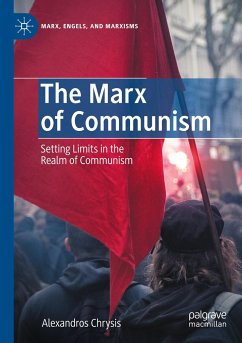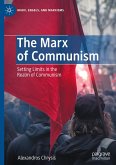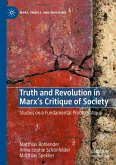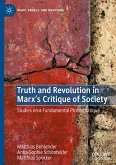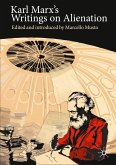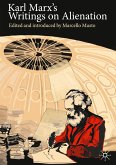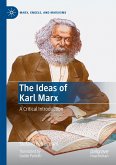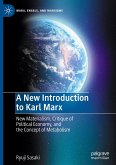Following Marx's own itinerary from Paris to London, from politics to the critique of political economy, The Marx of Communism delves into a creatively unfolding international debate on the democracy-communism relation, while supporting a 21st century communism as a social alternative to capitalism. Taking into consideration Marx's analysis of communism both as a movement and a social formation, this study focuses on the dialectics of transition from capitalism to communism. Dealing with communism as the outcome of a long-term cultural and political process, the author defends Marxian communism as the open-ended constitution of a self-governed demos, whose citizens create their own way of life on the ground of a stateless and classless society. From this point of view, the end of the state does not mean the end, but the revival of politics in terms of a communist bios. Reshaping their collective and personal values and setting limits to the production/technology dynamics of their economy, this book argues, the citizens of a communist polis form a promising antithesis to the private individuals of a capitalist society.
Bitte wählen Sie Ihr Anliegen aus.
Rechnungen
Retourenschein anfordern
Bestellstatus
Storno

